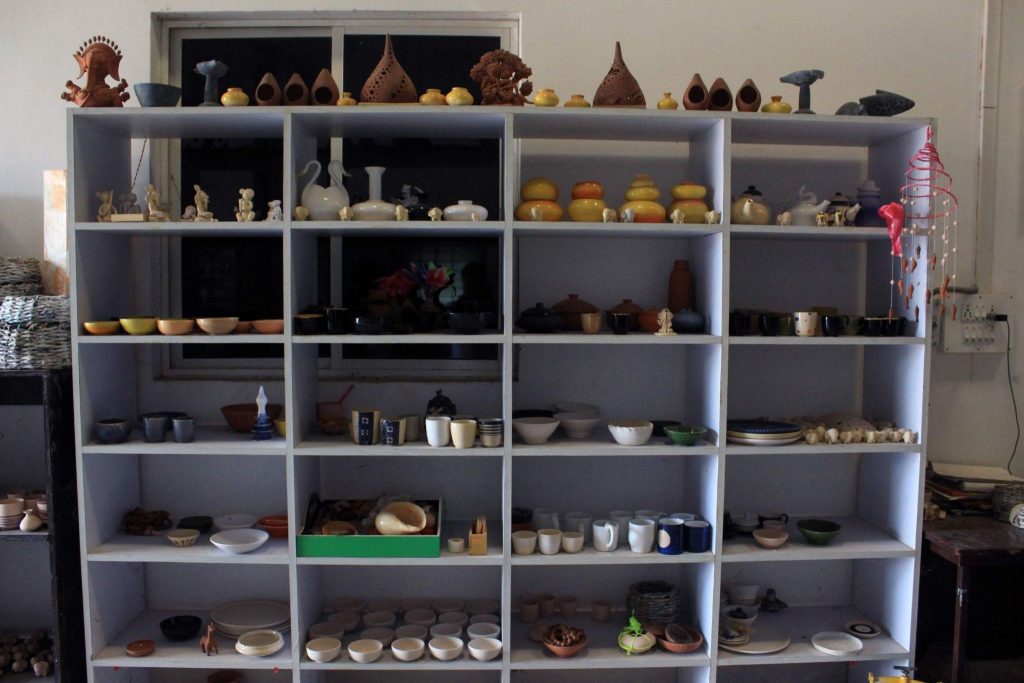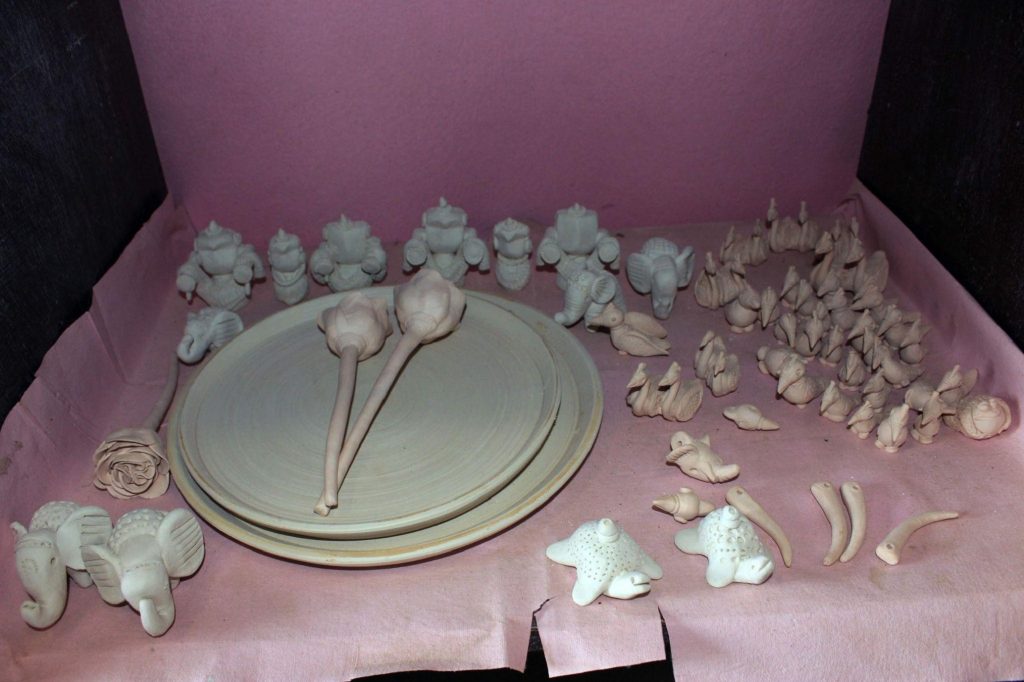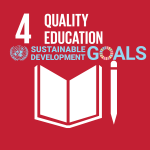Waste to Wealth
Genesis
The Waste-to-Wealth Production Unit was set up as Centurion’s commitment to zero waste and optimal use of resources. Centurion University has been extremely conscious and careful to not only minimise waste creation but also ensure that every waste product is put through the recycle and upcycle process.
‘Sustainability’ is a societal goal that today translates into the ability and efforts of humans to securely coexist on the planet without depleting or destroying the environment. Centurion University has always woven this aspect into its every activity perpetually looking for innovative ways to ensure sustainability at all possible levels. The Waste to Wealth Unit is one of the most successful outcomes of these efforts.
The first step in creating the Waste to Wealth Unit was out of dire necessity. When Centurion University Bhubaneswar Campus was established in 2007, there was almost no soil in the 40+ acres of the campus area. The whole expanse was made of arid stone. We needed soil to grow a green mantle over the Campus, and as a hands-on Skill University, Centurion University sought methods to create soil and that is where the principle of ‘zero food waste’ came into the application. The ‘Zero-Food Waste’ principle consists of a set of clear-cut measures focused on the prevention of waste through redesigning the life cycle of the resource to ensure reuse until the optimum level of consumption is achieved. The aim here is to reach the point where no food waste reaches landfills, incinerators or oceans.
In addition to raising awareness among students about the necessity to avoid food wastage, a large industrial bio-composting machine was installed which went through a bio-culture process to produce excellent quality soil out of unusable food waste and sawdust. This process helped create an average of 130 kg of soil per day. Between 2015 and 2021, this process created roughly 170 tonnes of composted soil.
Today, the campus boasts of a Butterfly, Bees and Cactus (BBC) Garden, which has been celebrated as an ecological pilot success project where not only we revived the population of butterflies and bees – the most powerful yet unsung pollinators of Mother Nature – but also the local flora and fauna in less than two short years. This goes to prove that sustainability is not only possible but also so necessary for the revival and nurturing of life on the planet.
Aims and Objectives
The ultimate purpose of the Waste-to-Wealth Unit is “minimal waste and optimal use”.
What started with a necessity, soon turned into a passion to create more ways towards sustainability of the depleting resources. Proud to be a Skill University like no other in the country, Centurion University looked for other ways to generate wealth from waste towards a more sustainable internal environment. Several new ways to save and manufacture products emerged from this effort such as manufacturing handmade paper, pavers from waste and non-biodegradable plastic, dustless chalk, wood engineering for furniture making, environment-friendly apparel among others. Centurion University through its ‘Waste-to-Wealth Lab’ endeavours to manufacture sustainably everything that is needed for it to function.
Products/Services Available
Gradually this effort extended to manufacturing various products both for internal use and for the market, such as stationery, clay and terracotta products, and wood furniture. The Waste-to-Wealth Unit also manufactures environment-friendly apparel.
Each one of these products is designed and manufactured by the students of Centurion University who not only earn the skill of creating market-ready products while studying their various courses but also learn the importance of ‘minimal waste and optimal use’ of all our resources.
Benefits
The Waste-to-Wealth Unit is exactly what its name implies. It creates wealth from supposedly waste products. But that is not all that it does. There is one other much more important aspect to it, i.e., imbibing the culture of sustainability and respect for every resource in the minds of the students, the future citizens of the country. It is our hope that each one of these students when they graduate and step out into the world, will endeavour to build a future that respects and is protective of the environment and thereby, contributes towards a more sustainable tomorrow.
Future goals
Centurion University will continue to seek ways and means to minimise waste on the Campus, its vicinities and overall, in the country. Through example and hands-on process, the Waste-to-Wealth Unit will remain dedicated to making Centurion University internally self-sufficient by making optimal use of its natural resources, and recycling and upcycling any waste created.
Adherence to SDGs
As mentioned earlier, Centurion University works hard to align itself to the Sustainable Development Goals and in this case, it is aligned with SDG 12, which requires institutions, organizations and individuals, to minimise waste. The University strives to minimise waste creation, and also ensure that every waste product is put through the recycle and upcycle process towards creating not only wealth but also more importantly, responsible citizens of tomorrow who know, understand and respect the need for a sustainable environment.




